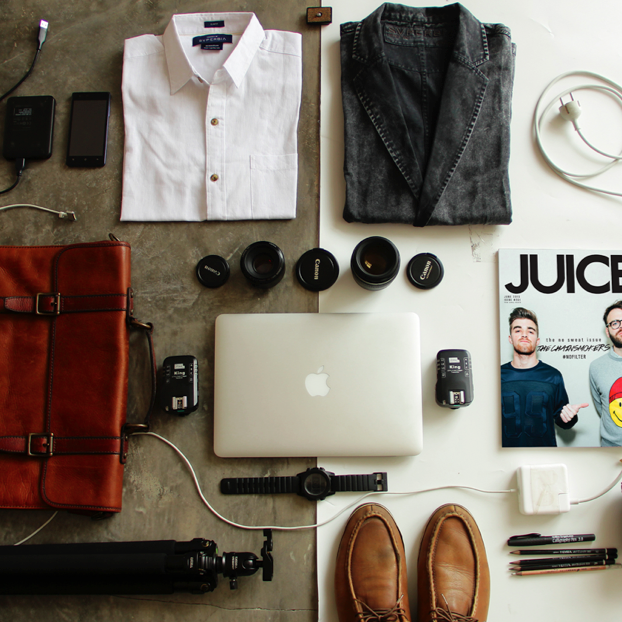This isn’t news to any of us. It’s something we’re told from childhood on, in many different ways, but the message is always the same. “Pack for the weather.” “Study for tests.” “Save for a rainy day.” You’ve probably received these pieces of advice more than once, and you’ve probably rolled your eyes as well. It sometimes seems like all of life is about being prepared- not procrastinating, doing what’s best for the future, yada yada yada. This can seem ambiguous, broad, and even pointless when we’re looking at preparation on such a great scale. But every once in awhile life presents us with moments at which being prepared (or not) can trigger a big change, save a life, or present us with an important opportunity. And in these serendipitous cases, being prepared makes all the difference.
Now, I’m not writing this to lecture you on the importance of preparation. I’m writing this because I myself recently experienced one of these moments. No, it was not life or death, but it was unexpected and very important. What happened? Let me tell you.
Two weeks ago I visited the Center for Advanced Hindsight at Duke University to connect with the Program Coordinator of their Startup Lab and take a look around. Their team consists of postdocs, research assistants, and “generally interesting people” who focus on Behavioral Economics research and applied science. It also includes Dan Ariely, world-renowned behavioral economist and the founder of the Center. Overall, it is the organization that I believe most impactfully straddles the divide between academic research and applied science, and I aspire to one day be a part of it.
Needless to say I spent much of my visit exploring the center and picking the brains of the team members with a level of glee not unlike that of a kid in a candy shop. And when I walked by Dan’s door to find him, surprisingly, not deep in conversation with anyone, I enthusiastically asked him if he had a few minutes to spare. Well, as my luck would have it, he had one. I sat down knowing I had a single minute (and hoping I’d be able to stretch that to two minutes) and launched into my elevator pitch. I explained who I am, what I’m interested in, what I want to do in the world, and what kind of collaboration/relationship I was hoping for. He informed me that historically, remote involvements with the Center haven’t been beneficial for them or for the partner, especially at the beginning of the relationship, and we discussed other ways for me to be involved remotely and the possibility of on-site involvement in the future. The remaining details of the conversation aren’t important; the noteworthy part is that I got to sit in the office of someone who has the ability to involve me in his work, which I greatly admire, and tell him why he should work with me.
I hadn’t expected this opportunity to arise; I hadn’t even entertained the possibility, and I was lucky that I was prepared at all. That conversation was my way of getting a foot in the door of an organization that I respect and admire, one that I would consider myself lucky to work with, and looking back I heave a sigh of relief that I prepared to the extent that I did. So disregarding rainy days, forgetting about tests, and ignoring the weather, I still have renewed respect for the phrase “It is always best to be prepared”.
By Lillian Bacon, Changemaker Taylor Fellow
